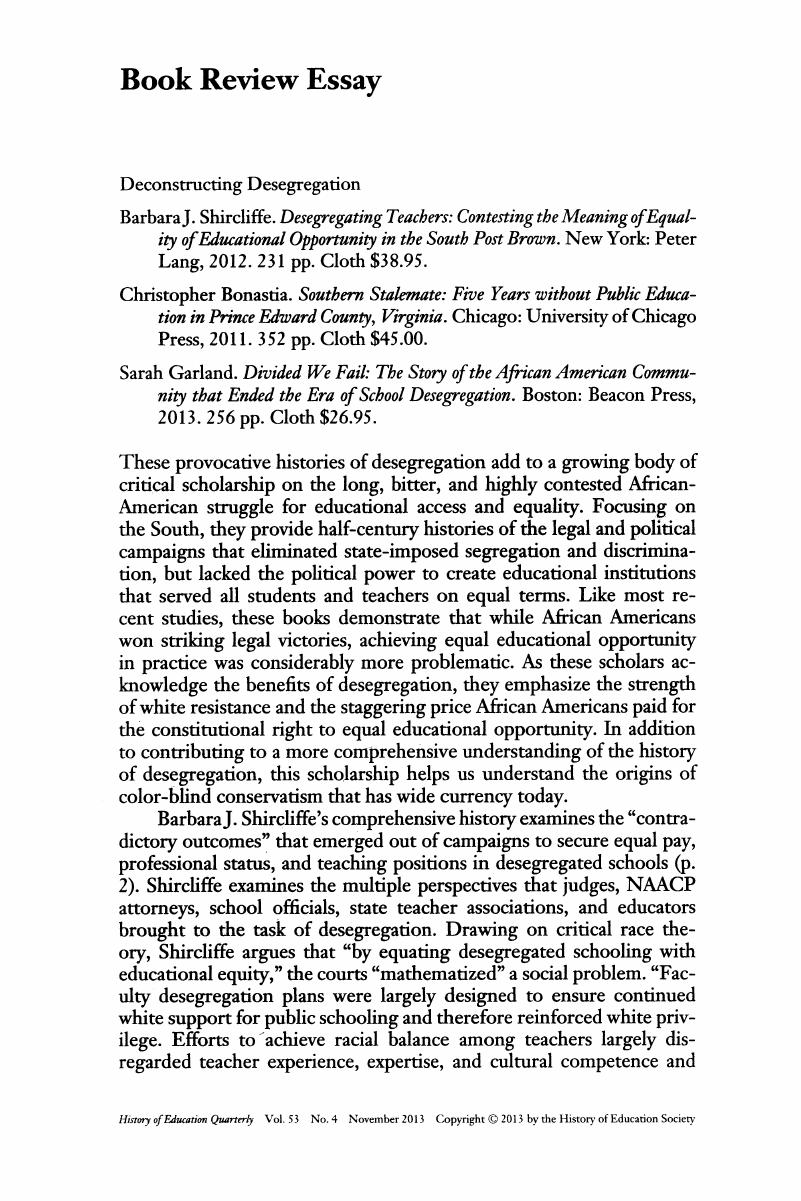The history of education in the southern United States has a long and complex history that reflects the region's unique cultural, political, and economic development. From the early colonial period to the present day, education in the South has played a vital role in shaping the region's social, economic, and cultural landscape.
In the early colonial period, education in the South was largely the domain of the wealthy and privileged. Only a small percentage of the population had access to formal education, and most of these individuals were white males from wealthy families. For the vast majority of the population, education was either non-existent or limited to basic literacy and arithmetic skills.
As the Southern economy began to industrialize in the 19th century, the demand for educated workers increased. This led to the expansion of public education in the South, as states began to invest in schools and other educational institutions. However, the growth of public education in the South was also shaped by the region's history of racial segregation and discrimination. Black children in the South were often denied access to quality education, and many were forced to attend separate and unequal schools.
The civil rights movement of the 1950s and 1960s brought about significant changes in the South's educational landscape. The 1954 Supreme Court decision in Brown v. Board of Education declared segregation in public schools to be unconstitutional, and this ruling led to the desegregation of many Southern schools. However, the integration of Southern schools was often met with resistance and violence, and it took many years for the full effects of desegregation to be felt.
Today, the South continues to grapple with the legacy of its troubled educational history. Despite significant progress, the region still faces challenges such as inadequate funding for schools, a shortage of qualified teachers, and persistent achievement gaps between different racial and socio-economic groups. However, there are also many efforts underway to address these challenges and to create more equitable and inclusive educational systems in the South.
In conclusion, the history of education in the southern United States is a complex and multifaceted story that reflects the region's unique cultural, political, and economic development. From the early colonial period to the present day, education has played a vital role in shaping the South's social, economic, and cultural landscape, and it will continue to do so in the future.








